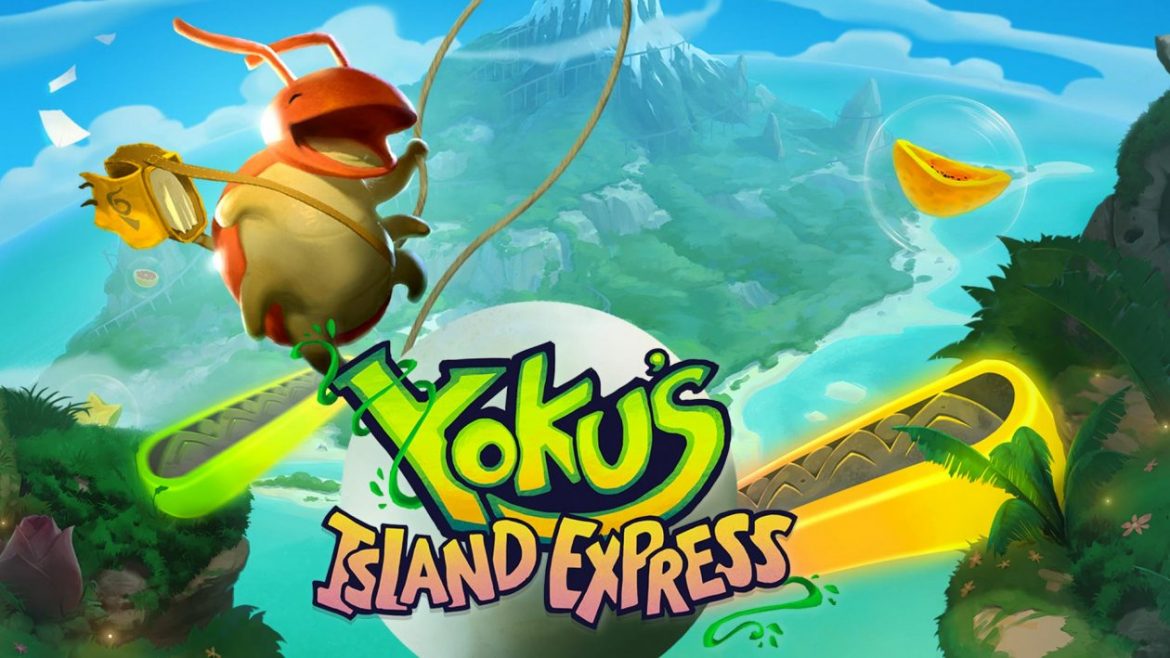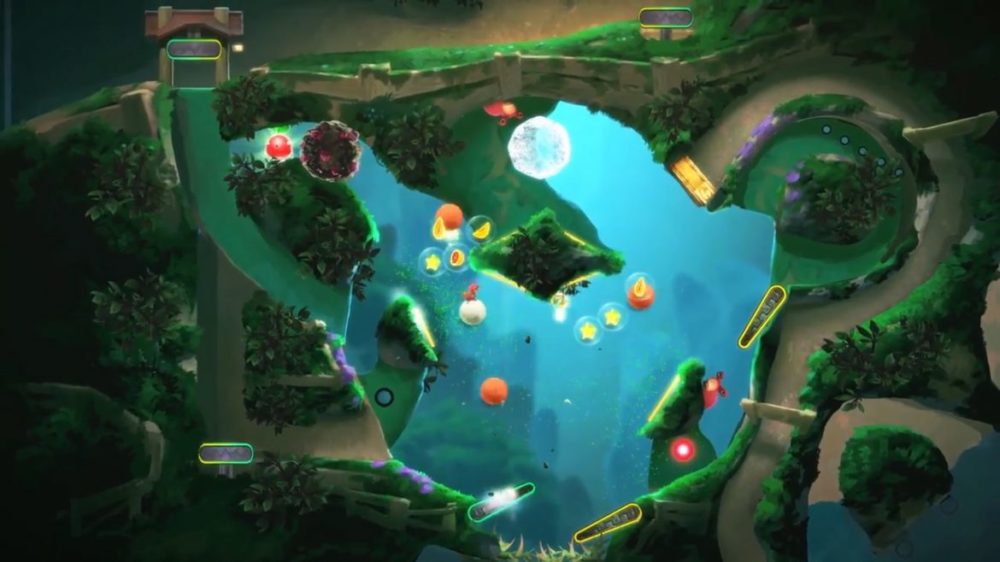TL;DR
Yoku's Island Express brilliantly fuses pinball with Metroidvania exploration, casting you as a dung beetle postman on a vibrant island. Master flippers and upgrades to traverse a charming world, but be warned: the unique gameplay can sometimes feel restrictive, with pinball mechanics occasionally hindering adventure progression. While undeniably original and a delightful throwback to classic pinball, some fetch quests and repetitive loops might make it best enjoyed in shorter bursts. Discover if this quirky blend is your next obsession – read the full review to find out!
Yoku’s Island Express presents a unique hybrid of pinball mechanics and open-world platforming, reminiscent of Metroidvania titles such as Ori and the Blind Forest, with elements drawing from Rayman Origins and Metroid. Developed by Stockholm-based Villa Gorilla and published by Team 17, the game evokes memories of Sweden’s historical prominence in digital pinball simulation, characterized by realistic physics. Back in 1992, DICE, then known as Digital Illusions CE, transitioned from a respected Amiga demo group to a game developer with the release of the cult classic Pinball Dreams. While now recognized for other endeavors under EA’s ownership, their early achievement in delivering compelling ball physics, presentation, and playability on limited hardware remains a benchmark, with the original game and its sequels (Pinball Fantasies and Pinball Illusions) still worthy of revisiting.
In Yoku’s Island Express, players assume the role of Yoku, a dung beetle unexpectedly thrust into the position of island postman after crash-landing on Mokumana. Yoku navigates the expansive island by rolling his ball, initially relying on strategically placed flipper paddles. The gameplay involves traversing the environment, completing a variety of missions that often require retracing steps or acquiring new abilities. As Yoku progresses, he can enhance his pinball with upgrades and discover equipment that alters the core mechanics, such as a device for utilizing exploding snails. The game delivers a colorful, ingenious experience with a raggamuffin-inspired soundtrack, offering originality and enjoyment, albeit best experienced in measured sessions.
However, the innovative concept’s strength ultimately contributes to its limitations. The novelty of a “pinball adventure” initially captivates, prompting players to master the required sequence of ramps to progress. Yet, as an adventure game, precision and exploration are vital, which can render the pinball mechanics cumbersome at times. While the physics implementation is well-executed, the pinball elements exhibit a degree of scripted behavior, necessary for precision but occasionally leading to frustratingly repetitive loops, despite attempts to vary force and timing. The result can feel disconnected from the analog control expected from flipper paddles.
The expansive game world, while beneficial for longevity, can also lead to disorientation, with numerous paths potentially diverting players from the primary objective. Although the diverse regions of the island possess distinct characteristics and inhabitants, many missions follow a “fetch quest” structure, requiring players to fulfill demands before receiving assistance.
The editorial staff found Yoku’s Island Express to be an enjoyable experience overall. Its distinctive blend of pinball mechanics and Metroidvania-style exploration creates a stylish and charming game. Nevertheless, the gameplay can become somewhat repetitive, and the limited variety in missions and environments may not sustain extended play sessions. Consequently, the game is best enjoyed in moderate intervals, a characteristic that aligns well with the time constraints of modern life, particularly for those who fondly remember the Pinball Dreams era and now balance gaming with parental responsibilities.




